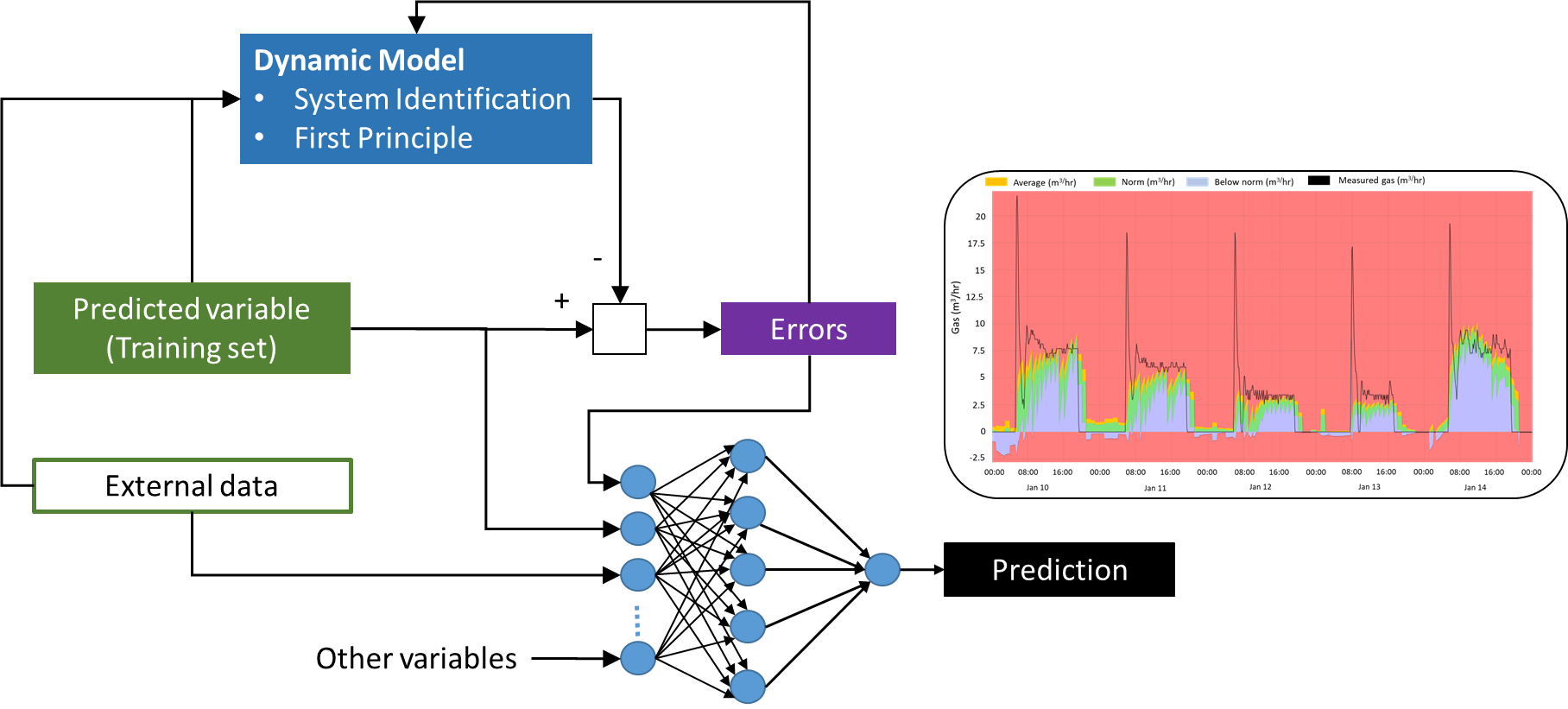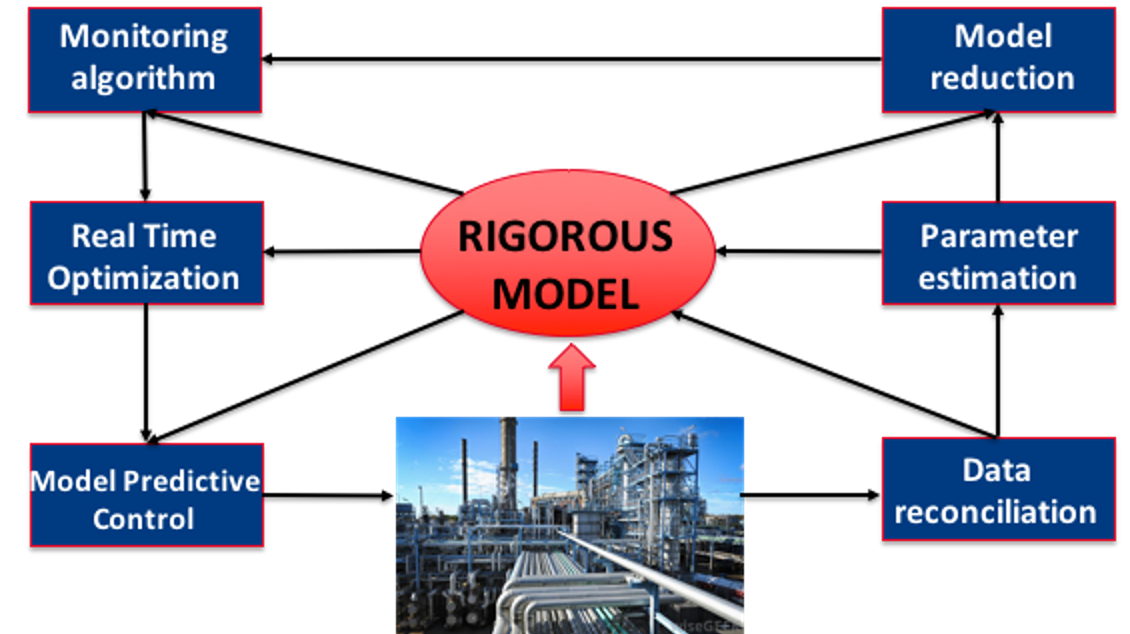The AIDA project performed fundamental and applied research towards predictive capabilities and the integration of digital technologies to different market-sectors. We have studied how Artificial Intelligence solutions can be extended and improved with the inclusion of dynamic (transient) process information hence will lead to better predictions, and therefore better applicability.
The AIDA project focused on monitoring the energy consumption in buildings with the aim at predicting the required energy and get a more efficient management with a reduction of cost and lower environmental impact.
The work performed in this project has allowed to set and validate the proof of concept of the hybrid approach (AI + dynamic models) which has demonstrated to be promising for improving the assessment of single AI frameworks.





